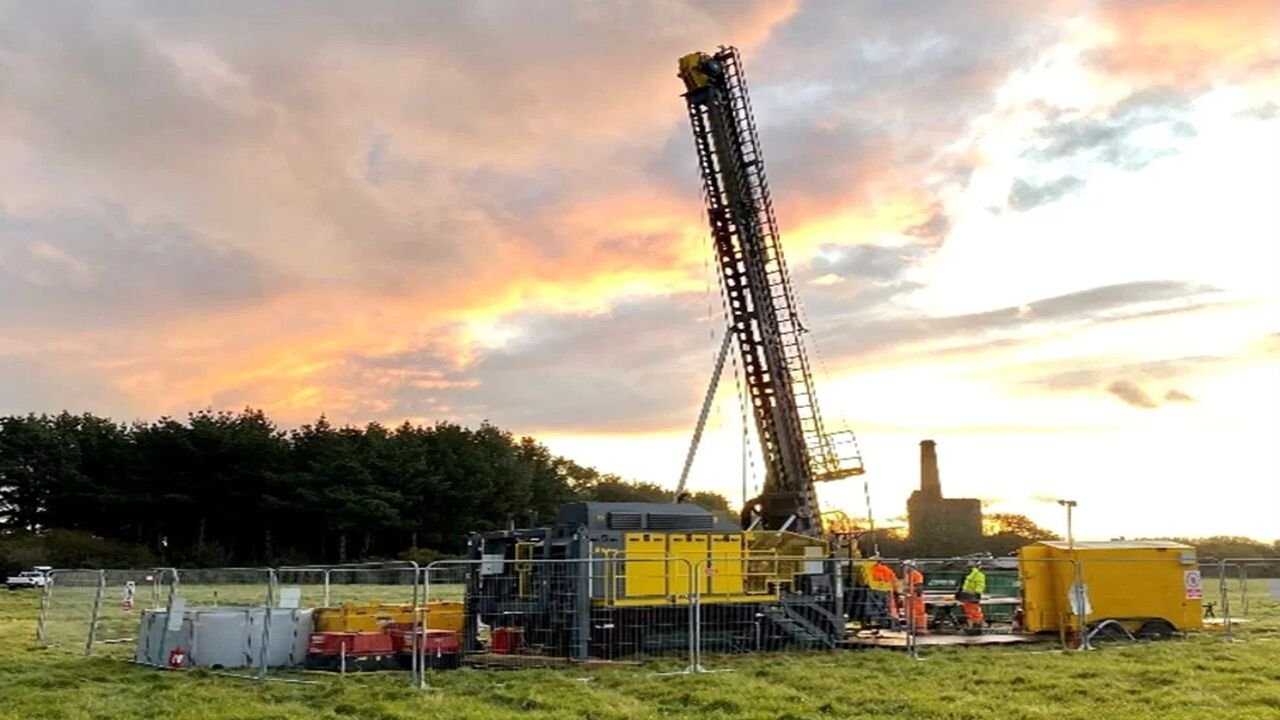Cornish Lithium announced a £53.6 million equity investment led by the UK Infrastructure Bank alongside The Energy & Minerals Group (EMG) and TechMet this week.
The funding package will accelerate progress toward creating a domestic supply of battery-grade lithium compound — which is crucial to support the scaling up of domestic battery production for electric vehicles and battery energy storage solutions for renewable energy sources.
The ever-increasing demand for lithium
Lithium is most well-known as an ingredient in rechargeable batteries. These include those that power medical devices, mobile phones, computers, power tools, hybrid and all-electric cars, buses, ferries, drones, and, occasionally, aeroplanes.
According to IHS Markit, in 2000, about 9% of lithium produced was used for batteries. By 2020, this share rose to 66%, and it's forecasted to reach over 90% by 2030.
A fully electric vehicle (such as a Tesla Model S) contains an estimated 63 kg of lithium.
Where does the world's lithium come from?
Australia is the biggest lithium miner, with the majority coming from hard rock ores located at The Greenbushes Projects. This is the world's largest known single lithium reserve.
Following that is what's known as the "Lithium Triangle of South America" — made up of Chile, Argentina, and Bolivia.
Third on the list is China, with most of the country's lithium coming from the Chang Tang Plain Mine in western Tibet. However, China is lagging in extraction, as the nation imports a lot of lithium from Australia.
Lithium mining also occurs to a lesser extent in various places, including North America, Africa, and Portugal.
We need sustainably mined lithium
The push for locally sourced lithium is significant as mining lithium in other parts of the world profoundly impacts water supplies in some of the driest places on Earth. For example, mining companies in Chile's Salar de Atacama, one of the driest places on earth, use 65% of the region's water.
Lithium mining also results in endangered flora in the US and local wildlife like flamingos in Salar de Atacama. There's also the matter of the environmental impact of transporting lithium long distances.
I'm a big fan of Cornish Lithium for their work to extract lithium in the region's deep thermal waters with a net-zero carbon footprint.

The process draws on naturally occurring, renewable geothermal energy to power the lithium extraction renewable energy by-product.
Deeper waters are significantly hotter than at a shallower depth, which means there is potential for geothermal waters to produce zero-carbon electricity and heat. This electricity could power a lithium extraction plant and extract the element from the same waters.
Cornish Lithium is planning to directly extract the lithium from the fluids in a processing plant that'll have a footprint the size of a supermarket or medium-sized industrial unit.
Part of a larger funding package
The initial investment is part of a larger funding package of up to an additional £168 million, potential second-stage financing, to provide the equity foundation necessary for the pioneering mineral exploration and development company to achieve commercial production.
Cornish Lithium is also making a further retail share offering through Crowdcube (Retail Offer) available.
The offer will be for up to £6.9 million and will prioritise its existing shareholders, with further details due to be announced in due course.
Jeremy Wrathall, founder and CEO of Cornish Lithium, said:
"Cornish Lithium has achieved its objective of defining world-class opportunities for lithium extraction in Cornwall from lithium-enriched geothermal waters and hard rock.
"This funding will enable us to progress our Trelavour hard rock lithium project to a construction-ready status as well as completing the engineering design work required to build a demonstration-scale geothermal waters extraction facility."
The demand for local lithium
The extra funding not only provides jobs — once in commercial production, Cornish Lithium aims to build its 70-strong Cornwall-based workforce to over 300 — but compliance with the demand for local, sustainably sourced lithium.
Incoming EU Battery Regulations require battery makers (and users like carmakers) to consider the battery lifecycle from R&D to mining source materials, closing material recycling loops, and battery end-of-life management over time and document materials traceability in battery passports.
Locally mined lithium will help battery makers (and car makers) comply with sustainability goals and regulations.
Wrathall cities the funding as also:
"a positive development for the UK's automotive industry and green industrial revolution. A domestic source of lithium will strengthen the UK's car manufacturing supply chain and improve its competitiveness whilst reducing the carbon footprint associated with the manufacture of batteries and electric vehicles."
Secretary of State for Energy Security and Net Zero Grant Shapps said: "
Today's investment in Cornish Lithium is a strong vote of confidence in the South West's future at the cutting edge of electric vehicle technologies.
Coming hot on the heels of Tata's investment in its gigafactory in Somerset last month – one of the largest investments ever in our automotive sector – this planned expansion will be a key part of ensuring a domestic supply of lithium that is so vital to developing batteries and battery storage here in the UK."



Would you like to write the first comment?
Login to post comments